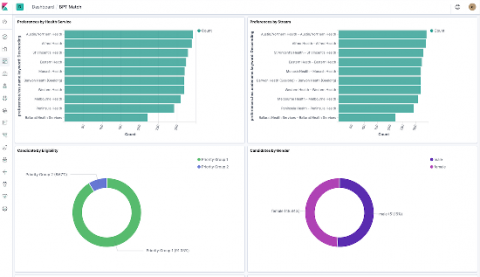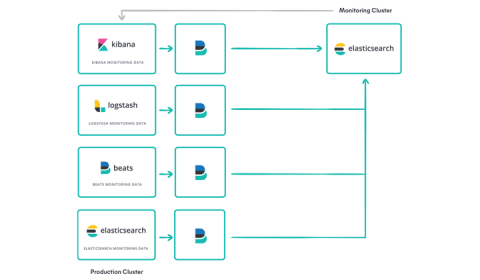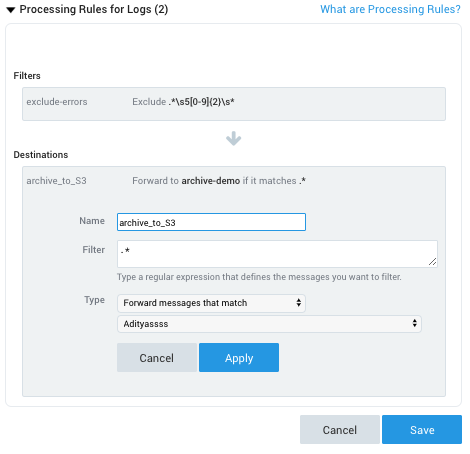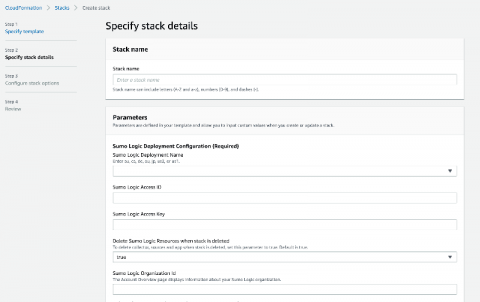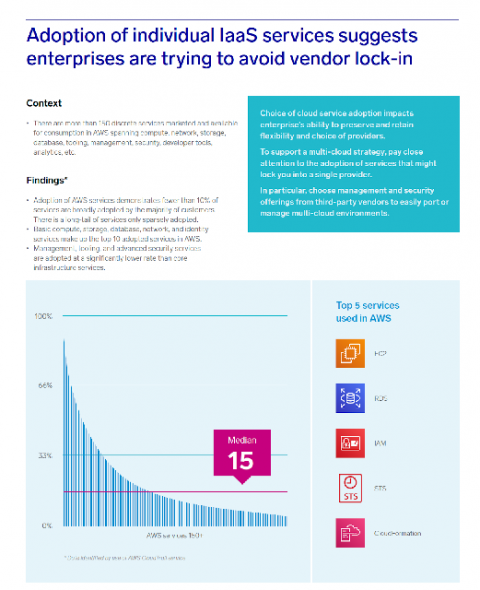Storing and enriching alerts for information security with Elasticsearch
Within Elastic, the information security team is tasked with security detection and analytics, among many other activities of a typical information security team. To find abnormal and malicious behavior within our environment we leverage Elastic SIEM for investigations and threat hunting. When we find a pattern of behavior we want to be alerted on during an investigation or hunt we take the request JSON behind our investigation and put in to Watcher for alerting.




